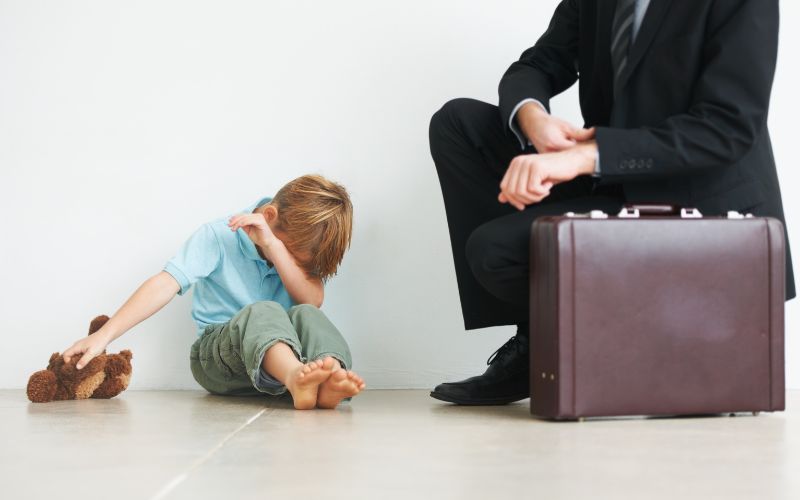Throughout the growing up process, there have been numerous times when I made mistakes and angered my parents. However, parents losing their temper in the face of their children’s troubles can leave a lasting impact on their psyche. If you find yourself frequently losing your temper and becoming easily frustrated with your child, then do not overlook this article. Discover 3 ways to help parents control their anger when their child makes a mistake.
1 Step away when angry
When parents get too angry, they often resort to physical punishment instead of using words. Some parents may feel regretful for hitting their child once their anger subsides, while these wounds also penetrate deep into the child’s psyche. In the long run, children who are frequently subjected to physical punishment may face psychological repercussions, becoming timid and avoiding closeness with their parents.
Parents should understand that children are mischievous and sometimes make mistakes, which is normal. The important thing is for parents to calmly address their child’s mistake and teach them how to avoid repeating it.
If parents are feeling excessively angry with their child, it is advisable to temporarily move to a different place and engage in an activity until they have calmed down, rather than immediately yelling at the child.
 Step away when angry
Step away when angry
2 Empathize with your child’s situation
Instead of scolding and physically punishing your child every time they cry or do something against your wishes, parents should try to understand why their child is behaving this way or what their needs are. Once parents have a clear understanding of the child’s situation, they can then find solutions to address the issue.
 Empathize with your child’s situation
Empathize with your child’s situation
3 Apologize to your child after losing your temper
If, in a moment of anger, parents lose their temper and resort to physical punishment or yelling at their child, then after regaining their composure, parents should apologize to their child. The actions of parents have a significant impact on a child’s character development.
 Apologize to your child after losing your temper
Apologize to your child after losing your temper
Above are 3 ways to help parents control their anger when their child makes a mistake. If you happen to lose your temper, it is important to learn how to apologize to your child and explain to them that you still love them, so they understand their mistakes and maintain a close bond with their parents.
Learning Tips for Parents: 12 Japanese Techniques to Use with Your Children
Discover the 12 principles of teaching children in the traditional Japanese way that parents can learn with Dien May XANH! By instilling these principles when your children are young, you can ensure that they grow up to be obedient, smart and polite, the hallmarks of a successful education in Japan.














